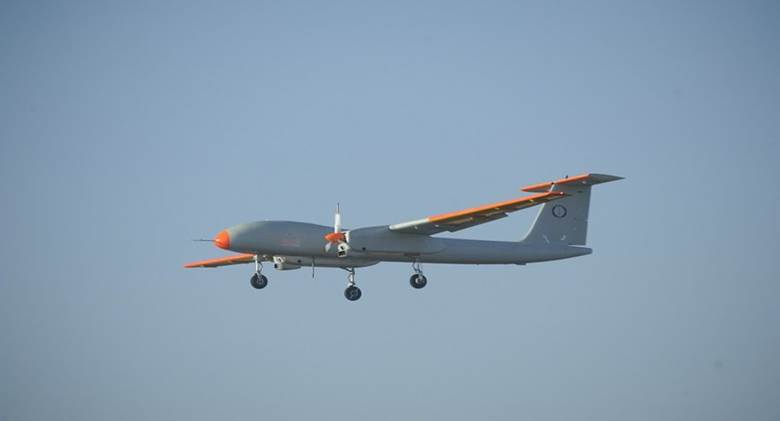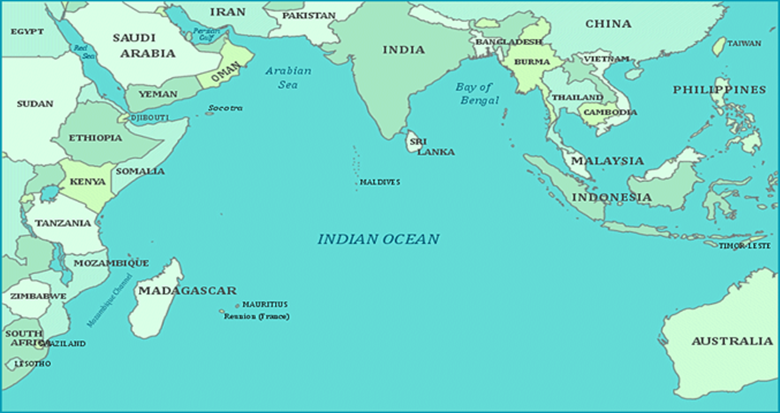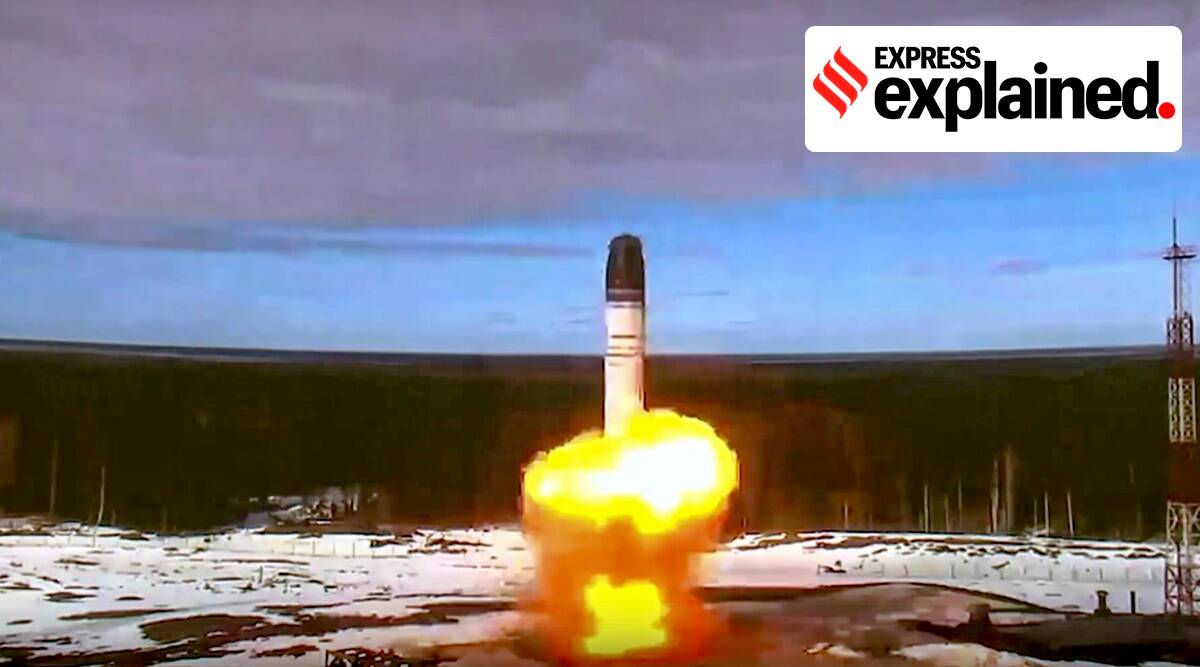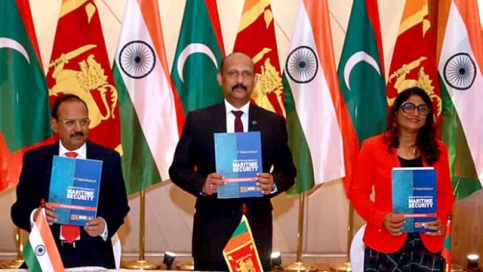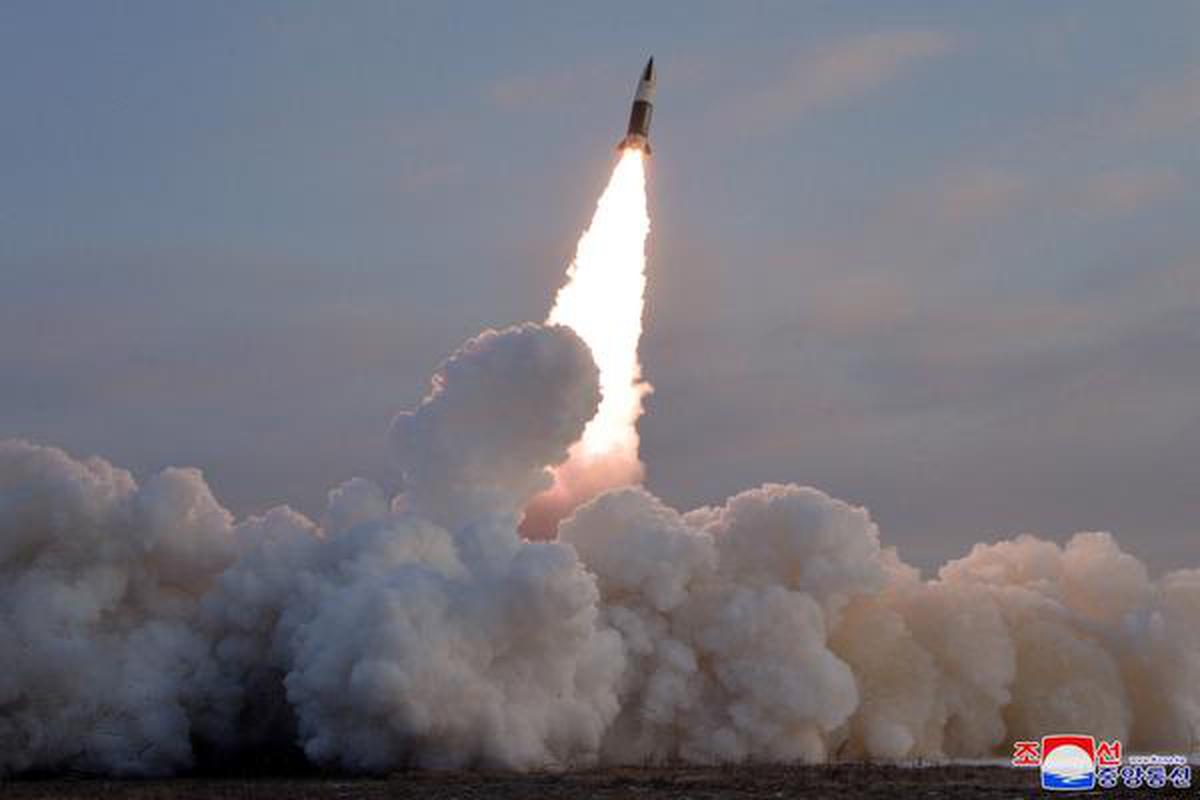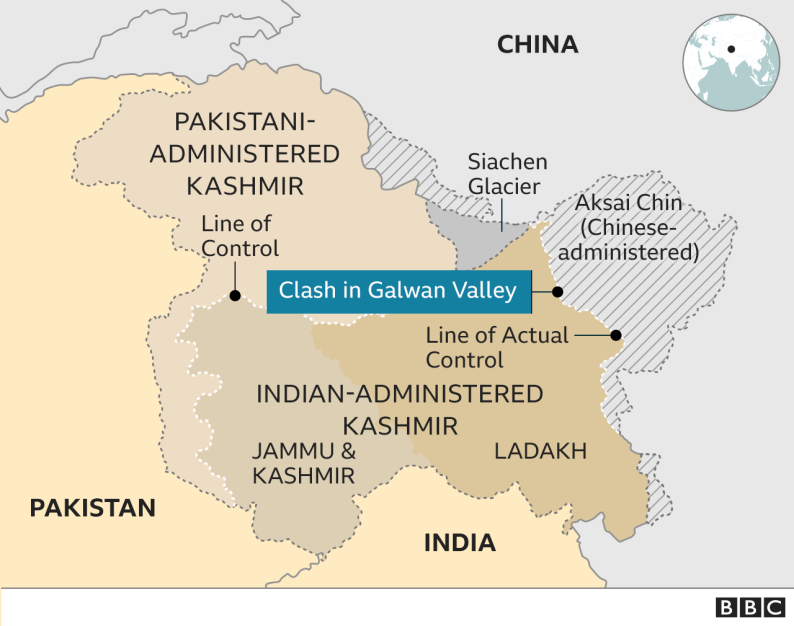Description
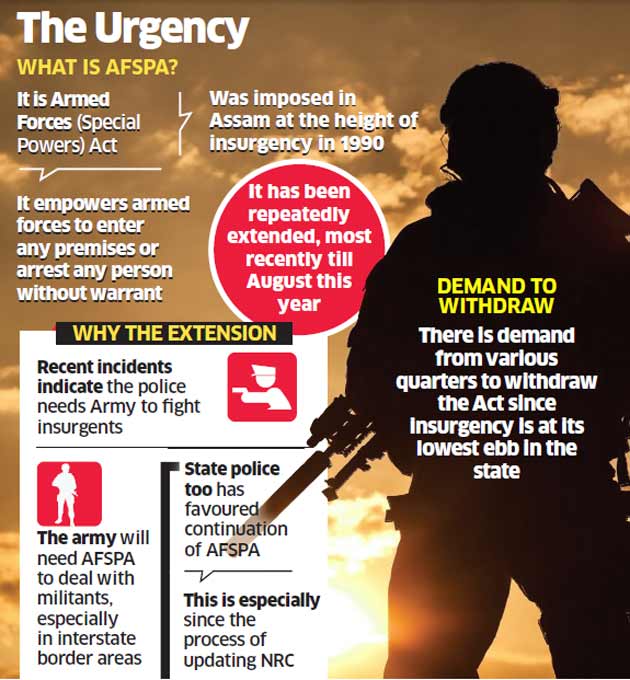
Copyright infringement is not intended
Context: The Nagaland govt has called for repeal of AFSPA in the wake of public outrage against the killings in Mon.
What is AFSPA?
- The Act in its original form was promulgated by the British in response to the Quit India movement in 1942.
- After Independence, Prime Minister Jawaharlal Nehru decided to retain the Act, which was first brought in as an ordnance and then notified as an Act in 1958.
- AFSPA has been imposed on the Northeast states, Jammu & Kashmir, and Punjab during the militancy years.
- Punjab was the first state from where it was repealed, followed by Tripura and Meghalaya.
- It remains in force in Mizoram, Nagaland, Manipur, Assam, J&K, and parts of Arunachal Pradesh.
- AFSPA provides for special powers for the armed forces that can be imposed by the Centre or the Governor of a state, on the state or parts of it, after it is declared “disturbed’’ under Section 3.
- The Act defines these as areas that are “disturbed or dangerous condition that the use of armed forces in aid of the civil power is necessary’’.
- AFSPA has been used in areas where militancy has been prevalent.
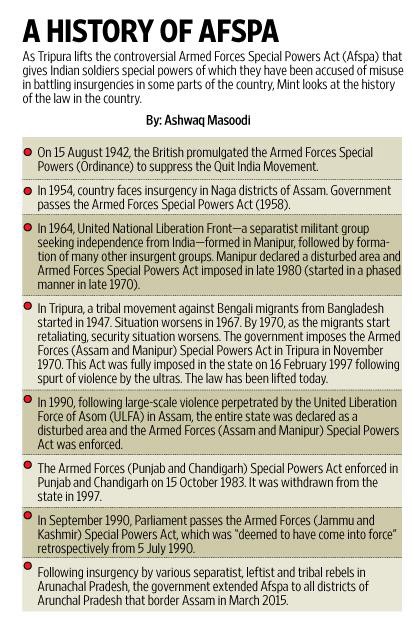
Why it is called draconian?
- The Act gives sweeping powers to the armed forces.
- It allows them to open fire’, even causing death, against any person in contravention to the law or carrying arms and ammunition.
- It gives them powers to arrest individuals without warrants, on the basis of “reasonable suspicion”, and also search premises without warrants.
- It provides blanket impunity to security personnel involved in such operations: There can be no prosecution or legal proceedings against them without the prior approval of the Centre.
Are there safety nets?
- While the Act gives powers to security forces to open fire, this cannot be done without prior warning given to the suspect.
- The Act further says that after any suspects apprehended by security forces should be handed over to the local police station within 24 hours.
- It says armed forces must act in cooperation with the district administration and not as an independent body.
What attempts have been made to repeal AFSPA in the past?
- In 2000, Manipur activist Irom Sharmila began a hunger-strike, which would continue for 16 years, against AFSPA.
- In 2004, the UPA government set up a five-member committee under a former Supreme Court Judge.
- The Justice Jeevan Reddy Commission submitted its report in 2005, saying AFSPA had become a symbol of oppression and recommending its repeal.
- The Second Administrative Reforms Commission, headed by Veeerapa Moily, endorsed these recommendations.
How often have state governments opposed it?
- It empowers the Centre to unilaterally take a decision to impose AFSPA, this is usually done informally in consonance with the state government.
- The Centre had also imposed AFSPA in Tripura in 1972 despite opposition from the then state government.
What has been the social fallout?
- Nagaland and Mizoram faced the brunt of AFSPA in the 1950s, including air raids and bombings by the Indian military.
- Allegations have been made against security forces of mass killings and rape.
- It is in Manipur that the fallout has been perhaps best documented.
- The Malom massacre in 2000, and the killing and alleged rape of Thangjam Manorama led to the subsequent repeal of AFSPA from the Imphal municipal area.
- Human rights activists have said the Act has often been used to settle private scores, such as property disputes, with false tip-offs provided by local informants to security forces.
Have these excesses been probed?
- In 2012, the Extrajudicial Execution Victim Families Association of Manipur filed a case in the Supreme Court alleging 1,528 fake encounters between 1979 and 2012.
- The Supreme Court set up a three-member committee under former judge Santosh Hegde and including former Chief Election Commissioner J M Lyngdoh and former Karnataka DGP Ajay Kumar Singh.
- AFSPA creates an atmosphere of impunity among even state agencies such as the Manipur Police and their Manipur Commandos, believed to be responsible for most encounters in the state, some of them jointly with Assam Rifles.
The constitutionality of AFSPA was challenged in the Supreme Court in 1997. What did the court say in its ruling?
- Decades before the Nagaland Cabinet called for repeal of the Armed Forces Special Powers Act, 1958, the constitutionality of AFSPA had been challenged in the Supreme Court (Naga People’s Movement of Human Rights v Union of India, 1997).
The ruling
- A five-judge Constitution Bench unanimously upheld the law.
- Although the court agreed that the Constitution did provide for deployment of armed forces in aid of civil power, it held that such deployment can be permitted for a “temporary period” and “until a situation of normalcy was restored”.
- While declaring a region as “disturbed area”, the opinion of the state government must be taken and there must a periodic review of the situation.
- The court also cautioned that the officer in the armed forces shall use minimal force required for effective action against the person/persons acting in contravention of the prohibitory order.
- A complaint containing an allegation about misuse or abuse of the powers conferred under the Central Act shall be thoroughly inquired into and, if on enquiry it is found that the allegations are correct, the victim should be suitably compensated and the necessary sanction for institution of prosecution and/or a suit or other proceeding should be granted under Section 6 of the Central Act.
- The law is very clear that if an offence is committed even by Army personnel, there is no concept of absolute immunity from trial by the criminal court constituted under the Criminal Procedure Code,”.
- The verdict also called for a probe into alleged 1,528 cases extra-judicial killings by security forces in Manipur during 2000-12.
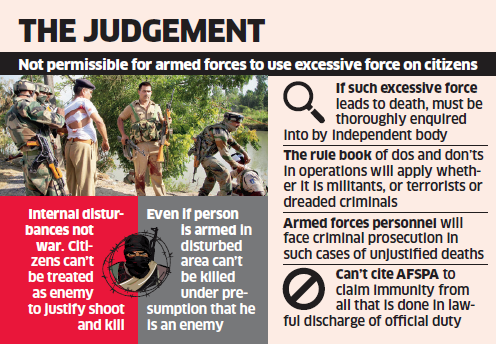
https://indianexpress.com/article/explained/explained-in-nagaland-case-when-sc-laid-down-procedure-for-using-afspa-7661500/







